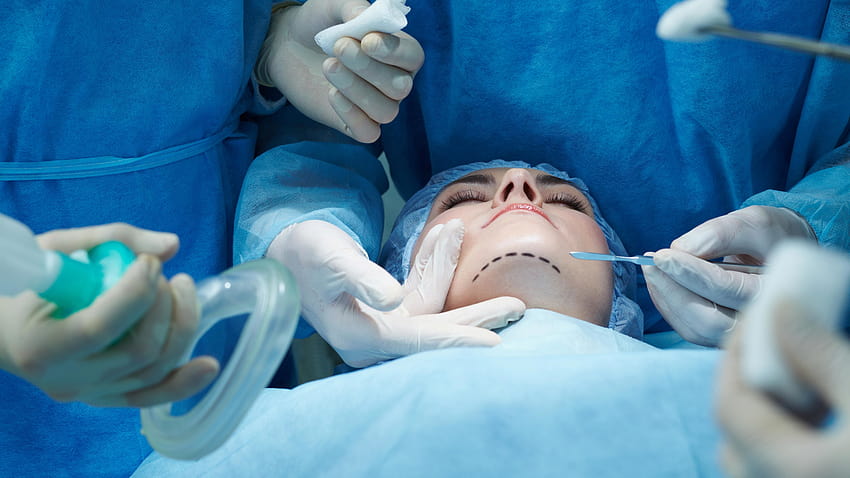
FAQ About Plastic Surgery
Plastic Surgery
2 years ago | gizem
Are there any dietary restrictions before or after plastic surgery?
Dietary restrictions before and after plastic surgery may vary depending on the type of procedure you are undergoing, as well as the specific instructions provided by your plastic surgeon. It is important to follow your surgeon's recommendations closely for the best possible outcome and to promote a smooth recovery. Here are some general guidelines regarding dietary considerations:
Before Surgery:
- Fasting: Your surgeon may provide specific fasting instructions to ensure your stomach is empty before undergoing anesthesia. This is done to reduce the risk of aspiration during the procedure. Typically, you will be asked to refrain from eating or drinking anything for a certain period before surgery. Follow these instructions closely to ensure your safety.
- Medications: Inform your surgeon about any medications or dietary supplements you are taking. They will advise you on which medications to continue or discontinue before surgery. Some medications and supplements may increase the risk of bleeding or interfere with anesthesia, so it's important to follow your surgeon's recommendations.
- Hydration: Maintaining adequate hydration is crucial for your overall health and healing process. Ensure you are well-hydrated before surgery, but be mindful of the fasting instructions provided by your surgeon.
After Surgery:
- Clear Liquids: In the initial stages of recovery, your surgeon may recommend a clear liquid diet. This may include water, broth, herbal tea, clear fruit juices, and gelatin. These fluids are easier to digest and help prevent dehydration. Gradually progress to a regular diet as directed by your surgeon.
- Soft Foods: Depending on the procedure, your surgeon may advise a soft food diet for a period after surgery. This may include foods that are easily chewed and swallowed, such as mashed potatoes, yogurt, smoothies, soups, and well-cooked vegetables. Avoid hard, crunchy, or spicy foods that may irritate the surgical site.
- Nutrient-Rich Foods: Adequate nutrition is essential for proper healing. Focus on consuming a balanced diet rich in lean proteins, fruits, vegetables, whole grains, and healthy fats. These foods provide essential nutrients, vitamins, and minerals to support the healing process.
- Hydration: Stay hydrated by drinking plenty of fluids, unless otherwise instructed by your surgeon. Proper hydration promotes healing and helps prevent complications such as constipation.
- Avoid Alcohol and Caffeine: Alcohol and caffeine can interfere with healing and may have adverse effects on medications or anesthesia. It's best to avoid or limit alcohol and caffeine consumption during your recovery.
